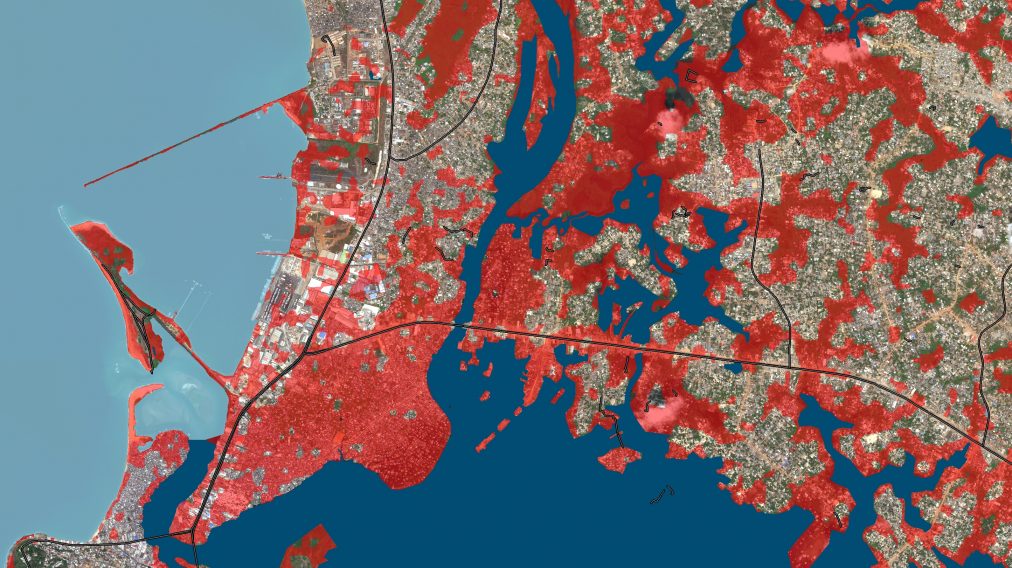The European Space Agency’s Earth Observation for Sustainable Development (EO4SD) Climate Resilience Cluster is holding a webinar to demonstrate the potential for Earth Observation to contribute to climate resilient development objectives.
The webinar “How can EO data support climate resilient development?” will take place twice on the 11th June 2019:
- 10-11 am CEST / 3-4 pm PHT
- 3-4 pm CEST / 9-10 pm EST.
Register for your preferred time. Download and share the webinar invitation.
Climate change impacts and sustainable development
The UN Sustainable Development Goals, Paris Agreement, and numerous regional and national level development plans and strategies are explicit about the potential for climate change and its impacts to derail development efforts and reverse the trend of declining global poverty.
However, developing a picture of how climate impacts affect the environment and society can be difficult, especially in regions where data is missing, incomplete or inaccurate. Earth observation (EO) data helps in this regard by providing timely and accurate information in large quantities about the Earth’s atmosphere, landmasses, and oceans.
Combined with socio-economic data, EO data can provide useful information that can show potential climate risks and allow decision makers to develop strategies to build resilience. Since 2008, the European Space Agency has worked closely with International Financing Institutions (IFIs) and their client countries to harness the benefits of EO in their operations and resources management.
About the EO4SD initiative
Earth Observation for Sustainable Development (EO4SD) is an ESA initiative which aims at increasing the uptake of EO-based information in regular development operations at national and international level. Over the past year, the ESA EO4SD – Climate Resilience Cluster – has been working with IFIs to develop an EO-based integrated climate screening and risk management service and build capacity in IFI client states so that stakeholders can use EO-based information for climate resilient decision making.

